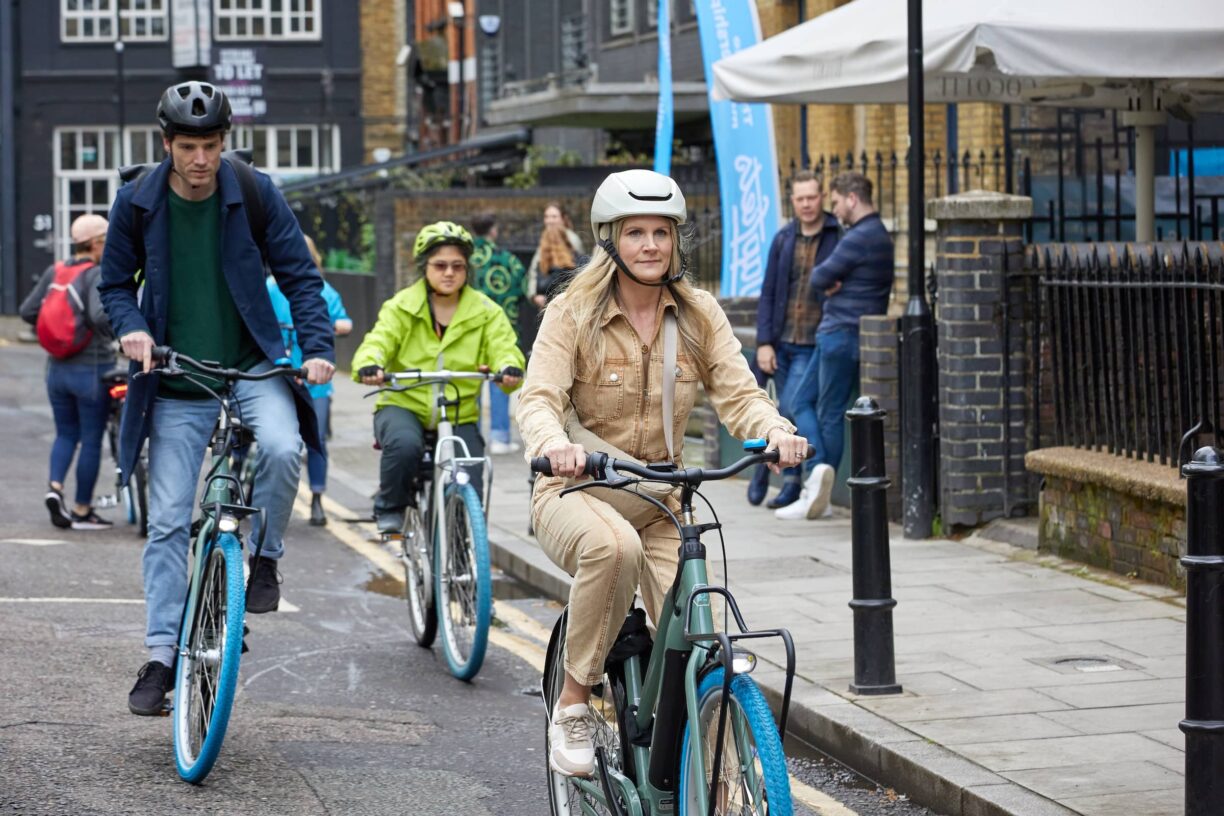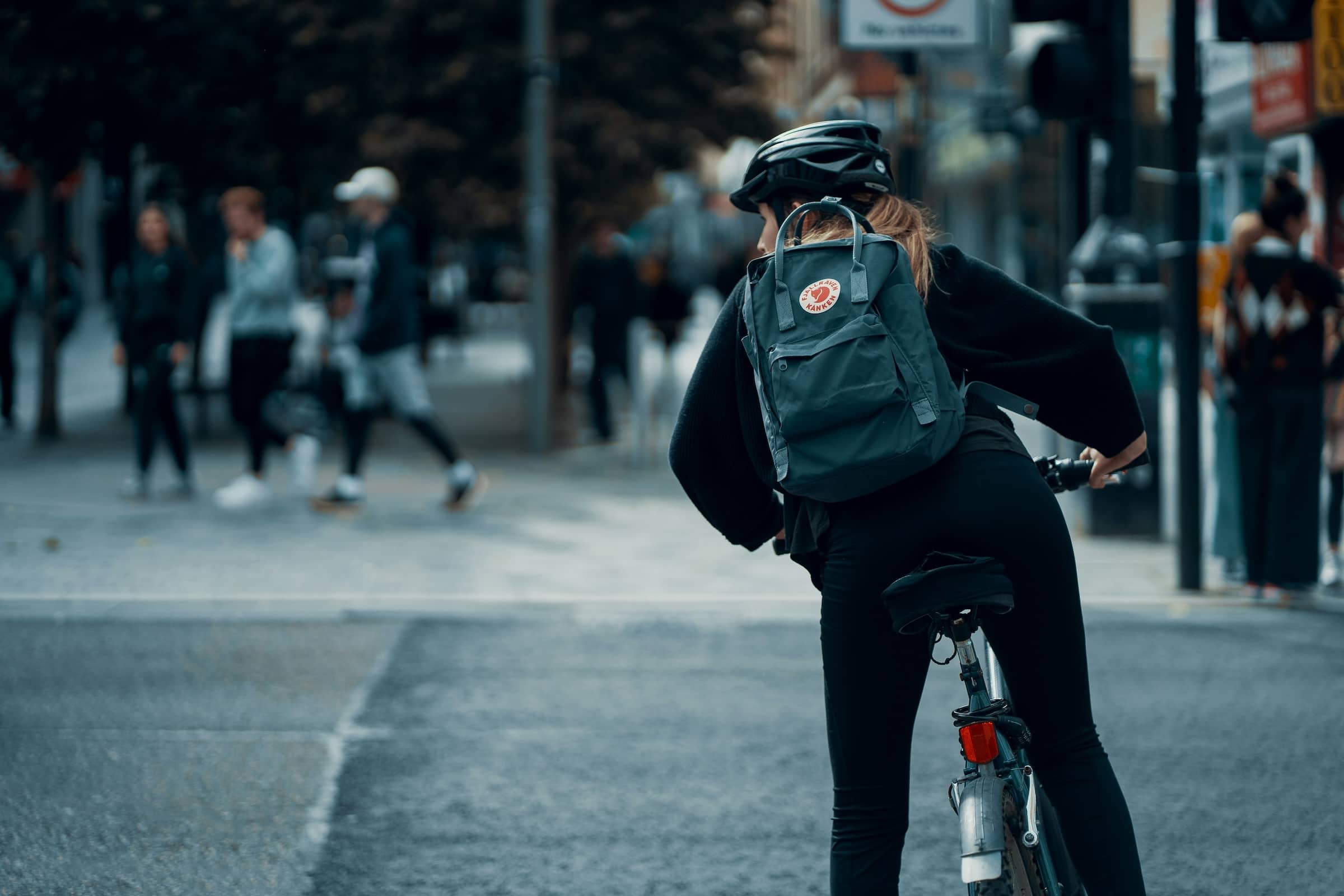Government initiatives to promote cycling as a sustainable mode of transportation face a significant hurdle: “9 in 10 women ‘too scared’ to bike in UK cities,” according to a study by Swapfiets, a bike subscription service.
This fear encompasses concerns such as the risk of being struck by a vehicle, road rage, harassment, and vulnerability when cycling at night.

When asked about their biggest fears, women identified the following concerns:
Women’s Top City Cycling Fears:
- Being hit by a vehicle (79%)
- Being a victim of road rage (62%)
- Nighttime cycling (56%)
- Getting lost (30%)
- Lack of road safety rules (20%)
- Being mugged (6%)
- Kids running into the road (5%)
Despite incentives like Cycle to Work, only 5% of women currently cycle to their jobs, compared to 20% of men. Additionally, less than a quarter of women own a bike, while 43% of men do.
The government has pledged £2 billion to encourage more active travel, aiming for 50% of all journeys in towns and cities to be by walking or cycling by 2030. However, these targets may be at risk without addressing women’s specific anxieties.
Katarina Hlavata, UK Country Manager at Swapfiets, said, “While we’re seeing advancements in cycling infrastructure, it’s clear that there are more deep-seated anxieties women face when it comes to cycling that we need to address.”
She continued, “Cycling isn’t just a sustainable form of transport; it’s a fun, social way of enjoying any city, no matter where you are.
By addressing the anxieties expressed by women across the country, we can ensure we get more women on two wheels to meet the Government’s 2030 active travel pledge.”
To meet these goals, stakeholders must focus on creating a safe and supportive environment for women to cycle.
By addressing their fears, implementing safety measures, and promoting community support, women will feel more confident cycling in urban areas, contributing to a more inclusive approach to active travel.
* Based on a nationally representative survey of 2,009 UK adults conducted by Censuswide
